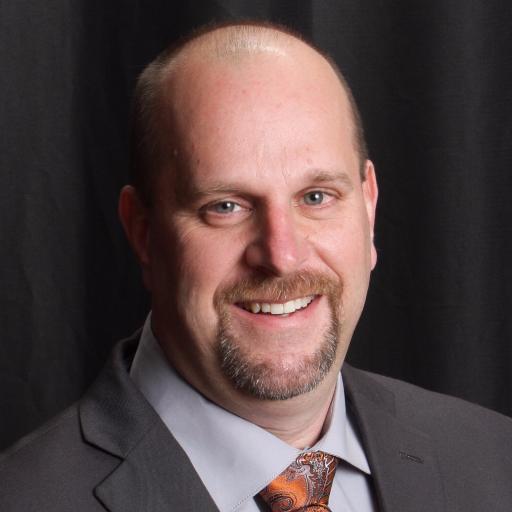"I'm not fighting against inclusion. I'm fighting for the proper preparation, and for safeguarding the students who can't learn in an inclusive environment."Just before the school year started, I received a frantic call from Vicky Maronyan, an LAUSD parent with a daughter who is on the autism spectrum. After many setbacks in finding an appropriate program for her child, she had found a lot of success in the AUT-Core program at her Middle School. She and the parents of her daughter's classmates had expected to maintain this trajectory into high school but were notified at the last moment that their high school and other nearby schools had eliminated their AUT-Core programs. Maronyan wrote about her frustrations in an article that I published in July.
- LAUSD Parent Vicky Maronyan
I had Maronyan's plight in mind as I asked the following question of the district's bureaucrats at my first meeting as a member of the LAUSD's Special Education Committee:
I think that it is great that we are increasing opportunities for inclusion but I want to know what are we doing to protect specialized environments that are working for parents and students. I am thinking specifically about AUT-Core.
We come up with messaging like "Ready For The World" because it drives results. I think we need to be really careful about how that message is constructed.
""
You said that all the children should be "Ready For College, Ready For Career, AND Ready For Life." By including that "and" in there, you are excluding a whole segment of our LAUSD population; children like my daughters for whom the goal of their education was to reach their full potential, and it was not necessarily academic. I ask that we be a little more careful with that because when we aren't we end up with a culture where special education centers are subject to closure and special education classrooms are eliminated.
"
You said that the placement is "always an IEP decision," but I know of parents in the Valley who are moving from middle school to high school and could not get an AUT-Core program because none of the high schools in the Valley were providing it. When we do that we are hurting a whole segment of the population.
"
I want to know: when we set goals for inclusion like you specified, how do we make sure that special education students for whom it is not appropriate are not swept up in this just to make a goal?
Even with specificity built into the question, the answer that was given was that "I think that I have already answered that, but I'll say it again: it is an IEP decision." Instead of explaining why an entire class of students expecting to maintain their program into high school was denied the opportunity, the LAUSD's representative maintained that needed programs will always be offered. It was as if the parents who made the complaint do not actually exist. They do and their children have been harmed, even if the district does not want to admit it.
After ignoring the question, the bureaucrat went on to defend the benefits of inclusion for students for whom it is appropriate. Parents who are fighting for the availability of specialized classrooms and Special Education Centers are not disputing that some children with special education needs greatly benefit from being included in the general education classroom. We just want children who have different needs to be recognized and have their needs met too.
Carl Petersen is a parent advocate for students with special education needs and public education. He was elected to the Northridge East Neighborhood Council and is the Education Chair. As a Green Party candidate in LAUSD's District 2 School Board race, he was endorsed by Network for Public Education (NPE) Action. Dr. Diane Ravitch has called him "a valiant fighter for public schools in Los Angeles." For links to his blogs, please visit www.ChangeTheLAUSD.com. Opinions are his own.





